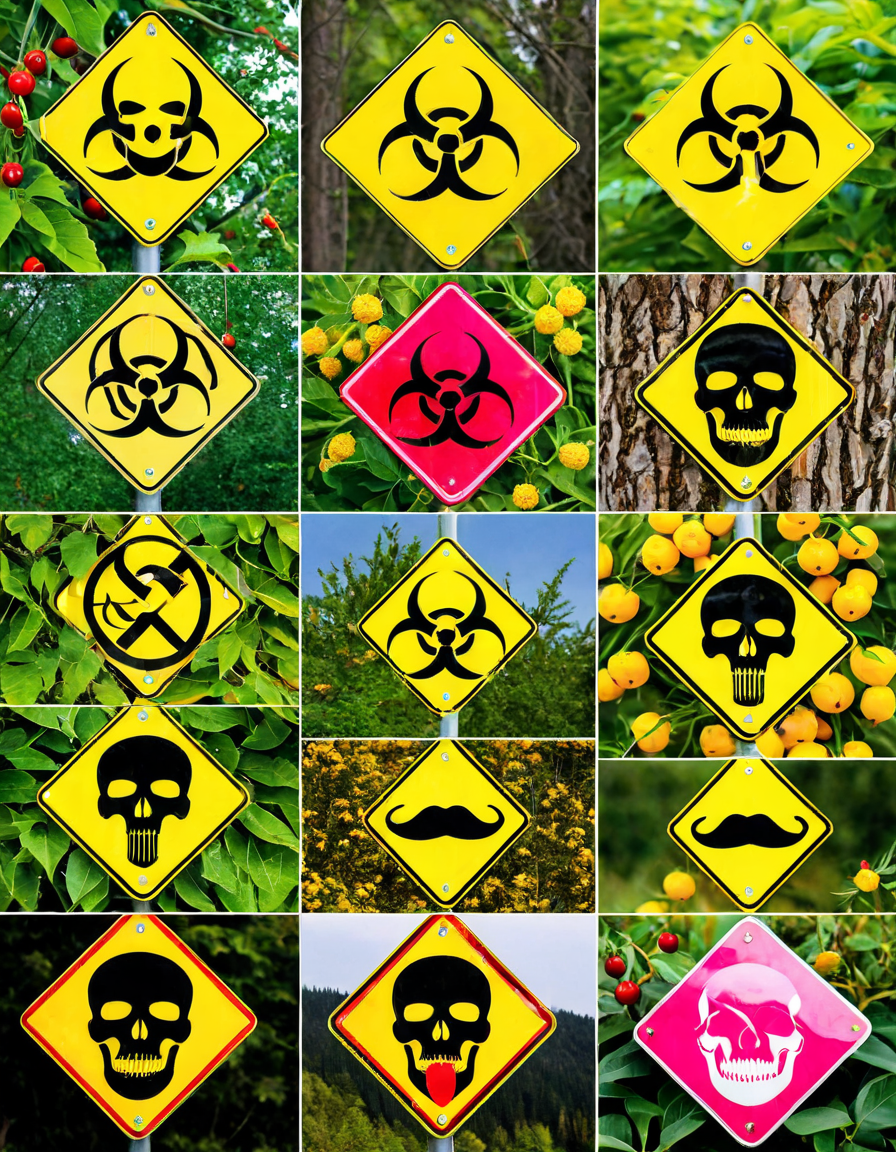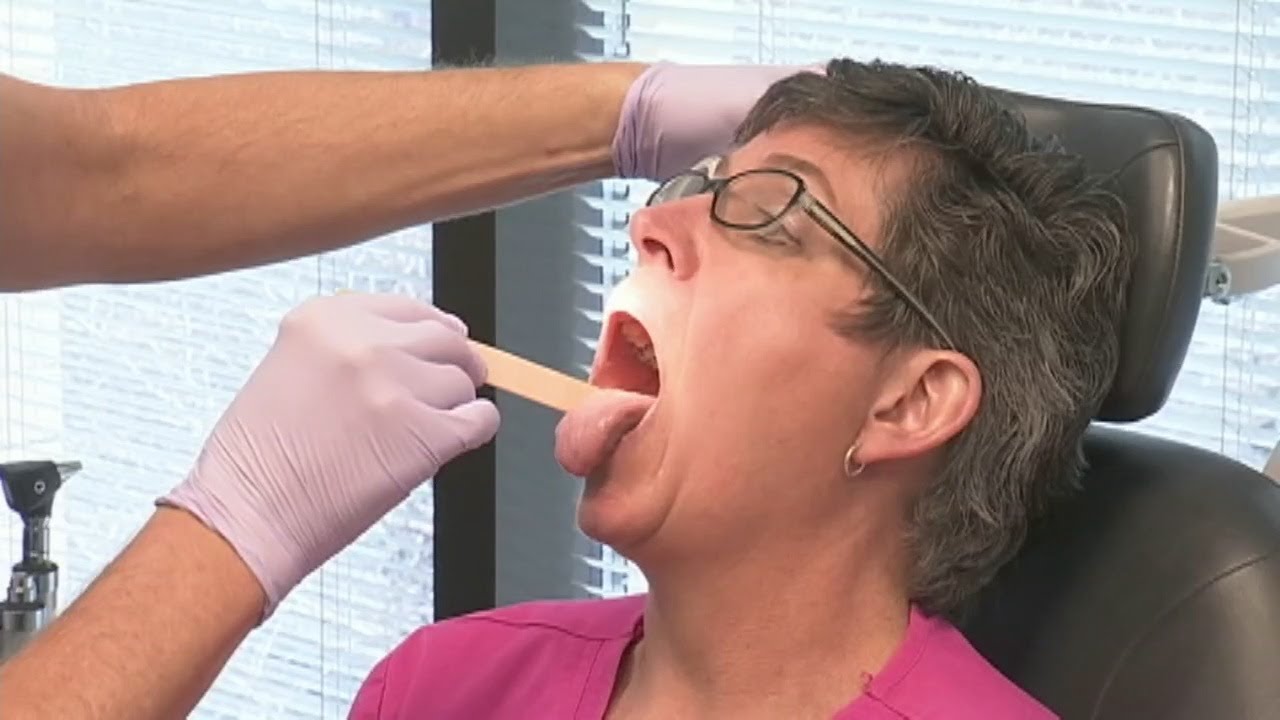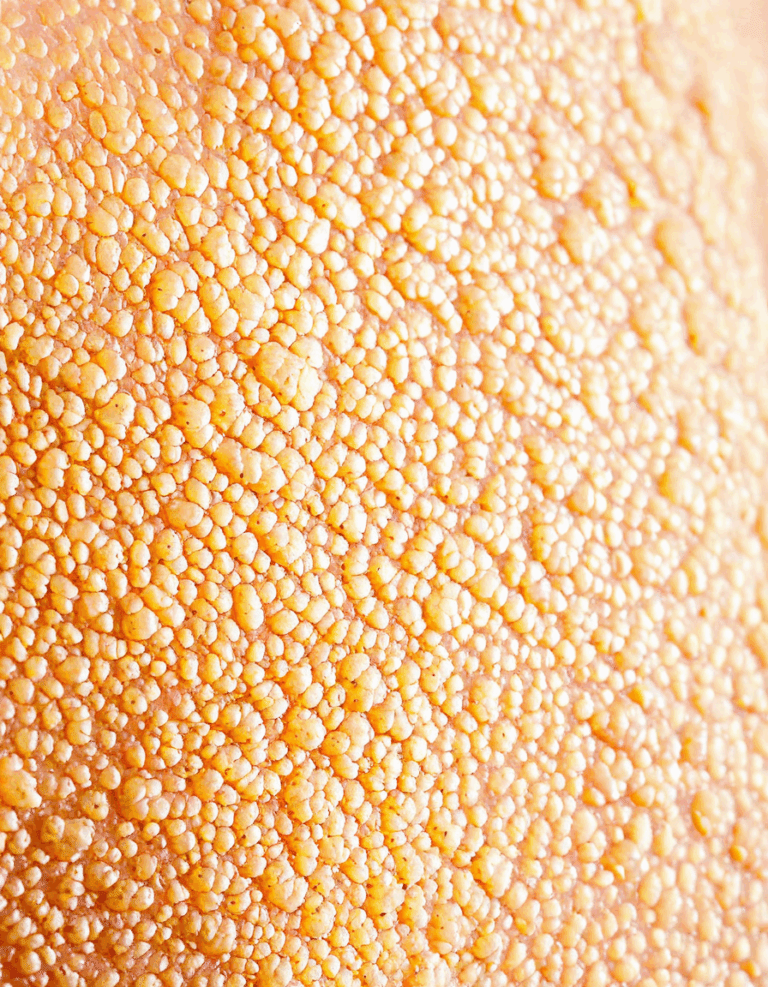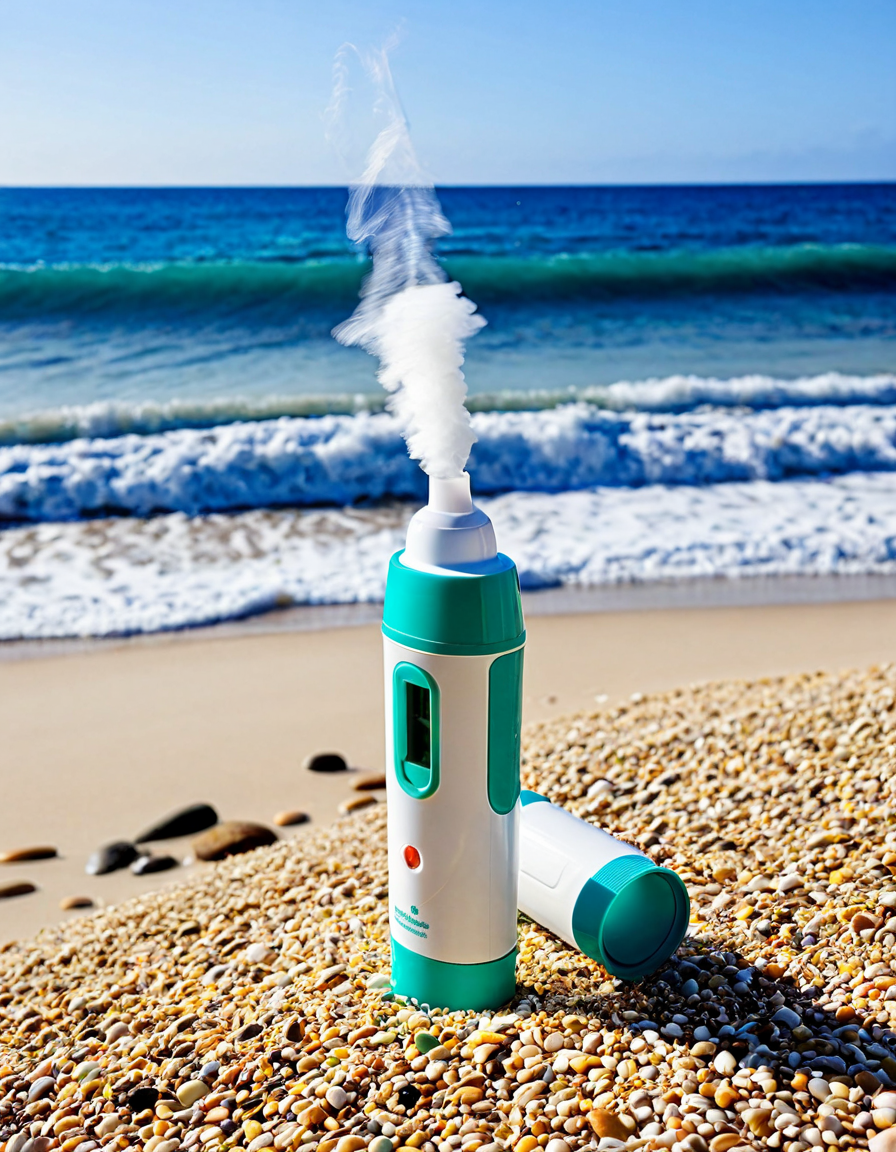When it comes to recognizing warning signs in our health, awareness is key. Mouth cancer symptoms can be subtle, but they can escalate quickly if not addressed. Ignoring these symptoms could lead to serious consequences, which is something no one wants.
Mouth cancer, a type of oral cancer, often flies under the radar. But knowing what to look for is crucial in early detection and treatment. This article breaks down critical symptoms that require your attention, comparing them to other health conditions to highlight the importance of catching issues early. Remember, knowledge is your first weapon in the fight for your health!

The Top 7 Mouth Cancer Symptoms You Should Never Overlook
One of the hallmark mouth cancer symptoms is the formation of sores or ulcers in the mouth that refuse to heal. These pests can pop up on your gums, tongue, or the inner lining of your cheeks. They can be painful and, unlike those pesky canker sores, these bad boys won’t respond to your go-to treatments and can hang around for several weeks. If you spot one of these stubborn ulcers lingering, don’t brush it off!
Unexplained white patches, known as leukoplakia, or red patches, called erythroplakia, inside your mouth can be red flags. These lesions need to be evaluated by a professional. They might signal dysplasia or even cancerous changes. Don’t let hesitation hold you back from scheduling a check-up—these patches are serious and deserve attention!
Experiencing difficulty swallowing or the uncomfortable feeling that food is stuck in your throat can be unpleasant and alarming. This symptom is often shared with throat cancer symptoms, making it critical to assess further. That sensation could come from a mass obstructing the esophagus or other anatomical changes within your mouth, so don’t ignore it!
If you’re feeling numbness or tingling in your mouth or lips, it could indicate nerve involvement due to tumor growth. This symptom often flies under the radar but is a sign you can’t afford to overlook. Nerve changes may signal that the tumor is advancing, making immediate evaluation crucial. Act fast and take control of your health!
Notice any swelling or lumps in your neck? This is not just a random occurrence and could indicate oral cancers or broader conditions, like throat cancer symptoms. These lumps might denote swollen lymph nodes responding to malignant growth. If you feel a lump, don’t wait for it to go away—get it assessed!
A raspy voice or trouble pronouncing words can indicate underlying issues affecting your oral cavity or throat. Such changes may result from a growing tumor that’s impacting your vocal cords. If you feel like your voice is becoming unrecognizable, let a healthcare professional take a closer look—it’s better to be safe than sorry!
Sudden, unexplained weight loss can signal a variety of health concerns, including mouth cancer. If your oral lesions are causing pain when eating, you might start consuming fewer calories, leading to weight loss. This symptom isn’t just alarming in isolation; it also shares ground with liver cancer symptoms or other serious conditions. Keep an eye on your body—those changes can be telling!

Cross-Referencing Symptoms: Mouth Cancer Versus Other Conditions
In the quest for health, recognizing symptoms is only half the battle. It’s crucial to differentiate mouth cancer symptoms from signs related to other serious health issues, such as:

The Importance of Early Detection
Understanding mouth cancer symptoms is a vital part of maintaining overall health. Regular check-ups with healthcare providers, especially for those in high-risk categories (like tobacco users, heavy drinkers, or individuals with HPV), can aid in early detection. Just look at the late George Michael—if he had paid more attention to his health, who knows how much longer he might have graced our screens. Early diagnosis drastically improves survival rates for mouth cancer, showcasing the need for awareness and action.
As healthcare evolves, so does the narrative surrounding body awareness. Early recognition of mouth cancer symptoms promotes timely treatment that could save lives. Don’t sidestep any unusual signs in your oral health; your future self will be grateful for the proactive choices you make today. Remember, prioritizing your health isn’t just smart; it’s your responsibility—so take action and advocate for your well-being!
Recognizing mouth cancer symptoms, alongside other health concerns like kidney cancer Symptoms or throat cancer symptoms, keeps you in control of your health narrative. Always stay informed and keep pushing towards a healthier lifestyle. That’s where the real muscle gains come from—focusing on both physical fitness and ensuring your health stays in optimal condition. Don’t forget, just like in bodybuilding, when you see a potential weakness in your health, it’s time to strengthen it!

Mouth Cancer Symptoms You Should Never Ignore

Recognizing Early Warning Signs
Mouth cancer symptoms can sometimes fly under the radar, but spotting them early can be a game-changer. Common signs include persistent sores, lumps, or rough patches in your mouth or on your lips. Did you know that smoking and heavy alcohol use can increase your risk significantly? It’s like throwing caution to the wind with your health. In fact, long-term exposure to these habits could leave you needing to write a check for costly treatments down the line.
If you’re feeling a strange pain or a sensation in your throat that just won’t quit, don’t brush it off. Research indicates that difficulties in swallowing or a lump in the neck might indicate something more serious. Kinda makes you appreciate your morning soda, doesn’t it? Even something as innocent as enjoying a refreshing Fresca soda could be a reminder to take care of your mouth health!
Pay Attention to Changes
Oral health often reflects other health issues. Take note if you’re experiencing unusual spots or color changes in your mouth, as this could be a red flag for the nasty side of mouth cancer symptoms. And while we’re chatting about striking visuals, have you ever seen the transformations of celebrities like Kevyn Aucoin? It’s incredible how a change can communicate stories beyond words—much like what your mouth can reveal about your health.
There’s also a reported association between certain medications and oral cancers. For instance, the common hypertension drug Zestril may have side effects affecting your mouth and throat health. So, if you’re on any new meds and notice concerns, don’t hesitate to speak up. It’s better to climb the mountain now than face the avalanche later!
The Importance of Regular Check-ups
Finally, don’t underestimate routine check-ups; they can uncover mouth cancer symptoms before they escalate. Regular visits can feel like a hassle, but just think of your dentist as a partner in your wellness journey. And speaking of adventure, have you checked out the hype around Rebel Moon? Sometimes, navigating through your health can feel just as thrilling and unpredictable as a blockbuster plot twist.
Remember, even the coolest movie moments can pack a punch—much like the impact of undiagnosed mouth cancer. Keeping an eye on your oral health can save you from facing the harsh realities of the Lethal Weapon cast’s fictional struggles. So, when in doubt, just reach out; your mouth will thank you in the long run.

What is the survival rate for mouth cancer?
The survival rate for mouth cancer varies but is generally around 50-60% over five years, depending on factors like stage and overall health.
Is oral cancer treatable?
Yes, oral cancer is treatable, especially when caught early, and treatment options usually include surgery, radiation, or chemotherapy.
What kills cancer cells in the mouth?
Cancer cells in the mouth can be killed by treatments like chemotherapy and radiation, which target and destroy rapidly dividing cells.
What does stage 1 mouth cancer look like?
Stage 1 mouth cancer typically looks like a small sore or ulcer in the mouth that may be white or red and isn’t painful at first.
What were your first symptoms of mouth cancer?
Some early signs of mouth cancer can include persistent sores, difficulty swallowing, or unexplained lumps in the mouth, which might feel like just a minor irritation at first.
Is mouth cancer 100% curable?
Mouth cancer can be very treatable, but while many cases can be cured, it’s not guaranteed to be 100% curable for everyone.
Can you have mouth cancer for years without knowing?
Yes, it’s possible to have mouth cancer for years without knowing because early symptoms can be mild or mistaken for common dental issues.
How fast does mouth cancer spread?
Mouth cancer tends to spread at different rates, but it can be aggressive and grow quickly if untreated, sometimes within a few months.
What can be mistaken for mouth cancer?
Conditions like ulcers, infections, or leukoplakia can sometimes be mistaken for mouth cancer due to similar symptoms or appearances.
What is the best mouthwash for mouth cancer patients?
For mouth cancer patients, an alcohol-free mouthwash that soothes irritation and doesn’t have harsh ingredients is usually recommended, but it’s best to consult a doctor.
What are the symptoms of last stage of mouth cancer?
In the last stage of mouth cancer, symptoms may include severe pain, difficulty swallowing or breathing, and significant weight loss, making everyday life extremely challenging.
What is the quality of life after oral cancer surgery?
After oral cancer surgery, the quality of life can improve, though it may also involve challenges like changes in eating, speech, and possibly adjustments to lifestyle.
Do you feel unwell with mouth cancer?
Many people with mouth cancer do feel unwell, often experiencing pain, fatigue, or other symptoms that can affect their overall well-being.
How to check mouth cancer at home?
To check for signs of mouth cancer at home, look for persistent sores, lumps, or discolorations in the mouth, and don’t ignore any changes that last longer than two weeks.
Can a dentist diagnose oral cancer?
Yes, a dentist can diagnose oral cancer by performing visual exams and may take biopsies if any suspicious lesions are found.
How quickly does mouth cancer spread?
Mouth cancer can spread quite quickly, with some types progressing to more advanced stages in just a few months if not treated.
At what stage is mouth cancer curable?
Mouth cancer is generally most treatable in its early stages (stage 1 and 2), so early detection is key for a better prognosis.
How serious is cancer in the mouth?
Cancer in the mouth can be serious, particularly if it spreads to nearby tissues or lymph nodes, impacting treatment and recovery options.
What is the average age for mouth cancer?
The average age for mouth cancer patients is around 62, but it can occur in younger individuals as well, especially with certain risk factors.


























